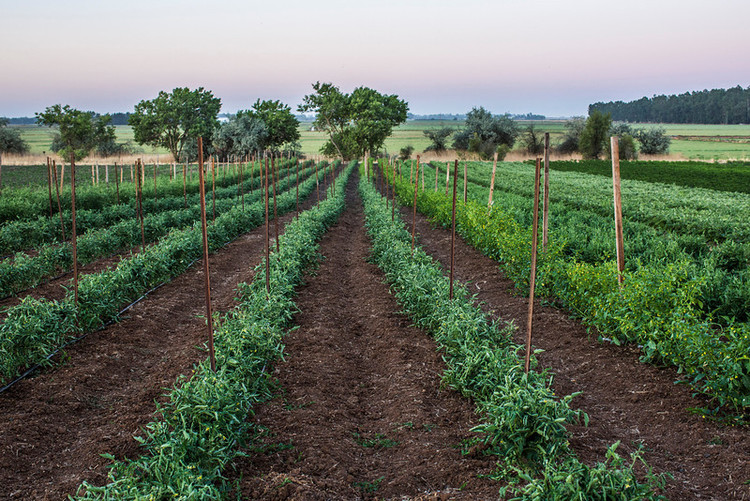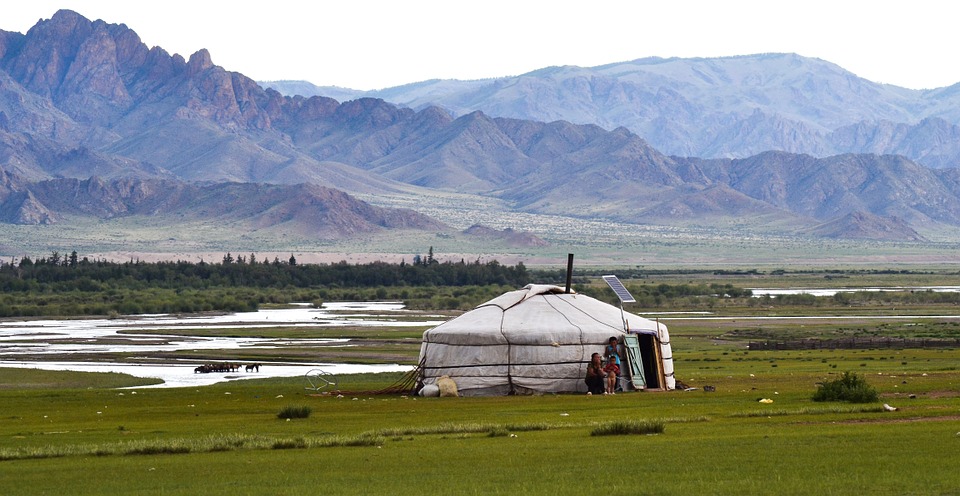As professionals working at the nexus of land rights and all things technology, one of the simple yet meaningful questions we ask ourselves on a daily basis is the following: How do we get people engaged in meaningful discussion about land? The task is no easy feat, perhaps because we are living in the era of technology and, now more than ever, the options for communicating seem to be infinite. One tool which has proven to consistently gather input has been the online discussion format. After all, a simple log in and some interest in the topic at hand are the only real prerequisites for participation.
Over the years, the Land Portal has played host to a number of online discussions; some admittedly more successful than others. In the spirit of striving to make a meaningful impact, the Land Portal team has tried to redefine the parameters of what constitutes a successful online discussion. While we may be getting many people talking, are we getting the right people engaged in discussion? More specifically, how do we get those working at the crux of land rights issues, such as community leaders and local land rights activists, comfortable enough to join the discussion? Finally, and perhaps most importantly, do these discussions provide real impact, at policy level or other, beyond simple knowledge sharing? These questions are no doubt difficult to answer, but we believe they are important to air out if online discussions are going to meaningfully influence land policies around the world.
A recent online discussion on customary land recognition in Zambia has proven to be particularly fruitful, gathering over 147 contributions. A brief conversation with one of the discussion’s moderators, Matt Sommerville, Senior Associate at Tetra Tech and Chief of Party of the USAID Tenure and Global Climate Change Program, provided some much-needed insights. According to Matt, “The discussion was absolutely a success in the sense that it gathered a really great amount of contributions. Some of the key tasks as a moderator are to ask a wide range of questions, to encourage as many responses as possible with feedback or additional inputs on a daily basis, as well as to approach each participant individually (if needed) to encourage their participation.”
One of the issues which Matt did identify to us, and which sparked our thinking about how we define real success, is the following: “One of the main concerns is that we often see the same few participants contributing over and over again. These participants, whom often work for organizations at the global level, feel comfortable sharing their thoughts in a variety of fora, convened by the Land Portal or other. While this is great, and we absolutely welcome and need these contributions, the resulting challenge that we face is actually, getting new faces to participate. There are a few key players in the Zambian land community, for example, whom we would have been delighted to have as part of our online discussion. The challenge, and next task, is to breed an environment of trust and openness that can welcomes all, even the skeptics.”
We’ve come up with some action points for ourselves, such as better defining and targeting key potential participants from the onset and protecting their privacy. Ensuring and reiterating that online discussions are online spaces for open dialogue, without judgment or pre-determined agendas by the hosting organizations, is another. Being conscious that computers are not always within reach and opening up our minds to different avenues of conversation, such as WhatsApp or face-to-face meetings. Finally, being strategic in terms of the timing of our online discussions, so that the can meaningfully influence policy making is another. We surely do not have the answers to all of these issues right now. However, if we’re going to be a portal that encourages frank and open discussion that leads to meaningful impact, we should continue to take a hard look at the approaches we adopt! We want discussions to lead to real impact and the first and most critical step is ensuring that those at the forefront of land rights debates, want to join in on the conversation too! If you have any feedback or questions about our online discussions, feel free to get to us at: hello@landportal.info




